The wasteful habits your parents swore by are wrecking the planet.

Your parents meant well. They really did. They taught you to say “please,” work hard, and never leave the house with wet hair. But for all their wisdom, they also passed down some habits that are, well… destroying the planet. It’s not entirely their fault—back in their day, sustainability wasn’t exactly top of mind. Plastic was a miracle invention, paper towels were the height of convenience, and leaving the car running “to warm it up” was just what people did. But now, those everyday habits are adding up to overflowing landfills, wasted energy, and a climate crisis that isn’t slowing down.
If you’ve inherited some of these wasteful traditions, don’t panic. You’re not doomed to repeat them. With a few small changes, you can break the cycle and do better than the generations before you. Here are the 14 things your parents taught you that are secretly killing the planet—and how to finally unlearn them.
1. Plastic bags were never meant to be family heirlooms.
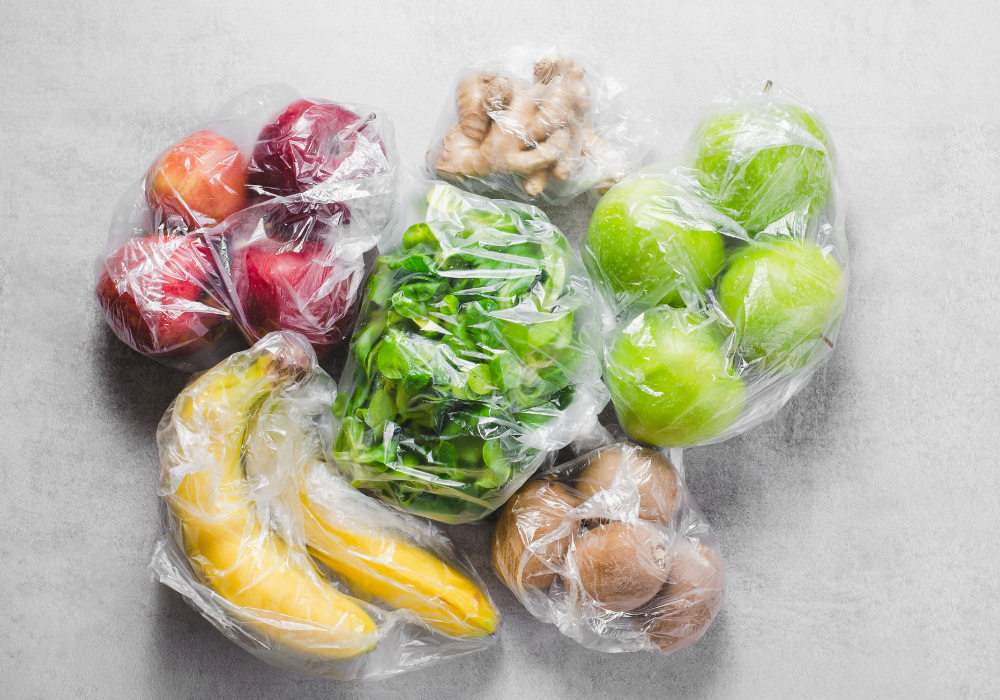
That overstuffed drawer filled with plastic grocery bags? It’s a common sight in households everywhere, thanks to parents who swore they’d “reuse them for something.” But let’s be honest—most of those bags just sat there until they were eventually tossed in the trash. And once they hit a landfill (or worse, the ocean), they stick around for hundreds of years, causing all kinds of environmental havoc.
Single-use plastics are one of the biggest pollution culprits, but luckily, they’re easy to replace. Reusable bags exist, and they work just as well—if not better—than their flimsy plastic predecessors. According to researchers at the World Wildlife Fund, plastic shopping bags can take up to 20 years to degrade, contributing significantly to long-term environmental pollution. If you’ve inherited the plastic bag hoarding gene, it’s time for an intervention. Ditch the drawer of doom and start bringing your own bags to the store.
2. Leaving the faucet running isn’t a personality trait.
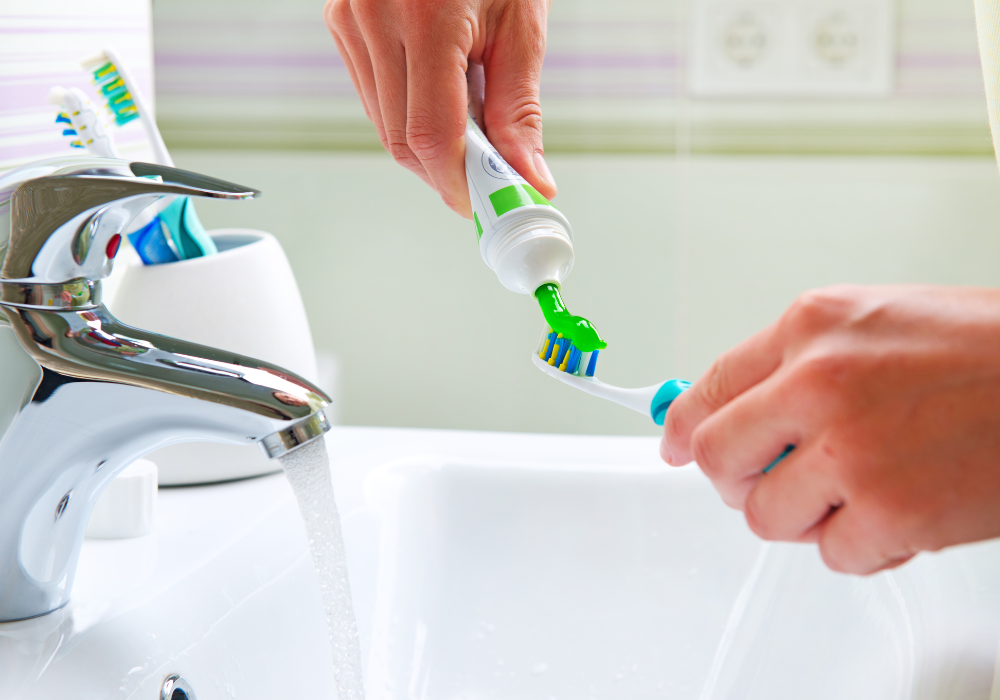
For decades, letting the faucet run while brushing teeth, scrubbing dishes, or waiting for the perfect water temperature was just how things were done. It was convenient, effortless, and completely wasteful. Freshwater supplies aren’t infinite, and every extra second of running water adds up to millions of gallons lost each year. What once seemed harmless has turned into a major environmental issue, with droughts and water shortages becoming more frequent around the world.
The Environmental Protection Agency reports that, turning off the faucet while brushing your teeth can save up to four gallons of water per minute. Small changes make a massive difference, but only if the habit of mindless water use is left in the past. The days of treating clean water like an unlimited resource are over, and every drop conserved counts.
3. Paper towels aren’t the solution to every problem.
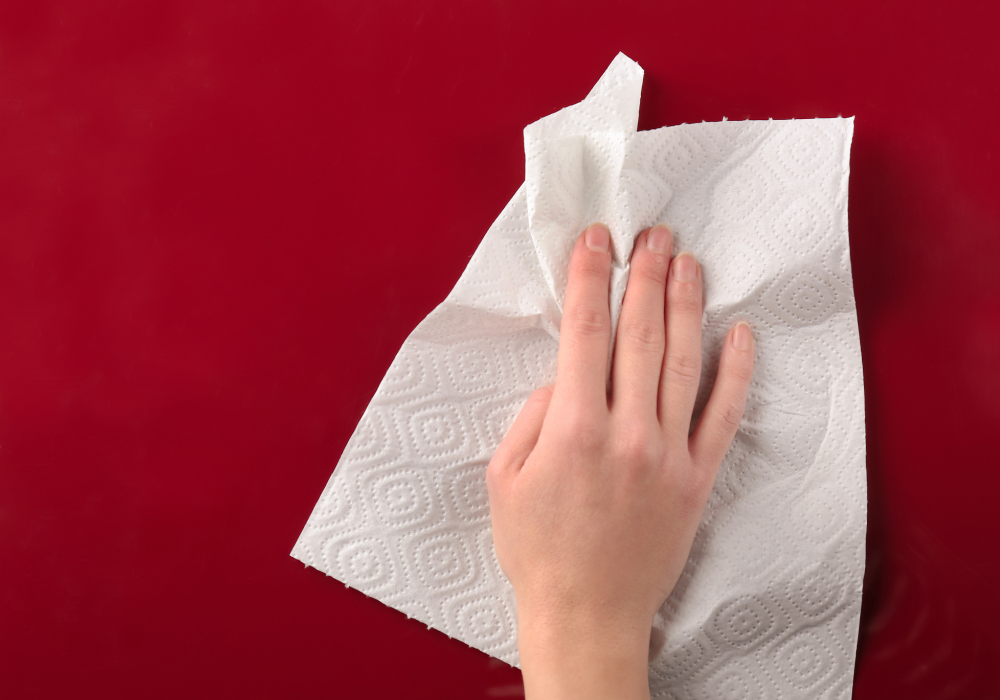
If your parents used paper towels like they were the only cleaning tool on Earth, you’re not alone. Spills? Paper towel. Counter wipe-down? Paper towel. Drying hands? You guessed it—paper towel. But this excessive reliance on disposables contributes to deforestation and landfill waste on a massive scale.
Here’s the truth: reusable cloths and rags do the same job without creating mountains of trash. A simple stack of washable napkins can replace thousands of paper towels over time. Per Mr. Green for the Sierra Club, it likely takes about five times as much footage of paper towels as rags to cope with equivalent messes, suggesting that reusable cloths are more efficient and environmentally friendly. Your parents may have believed in the magic of the endless paper towel roll, but you can break free from the cycle—without sacrificing a clean countertop.
4. Buying in bulk is great… until half of it goes bad.
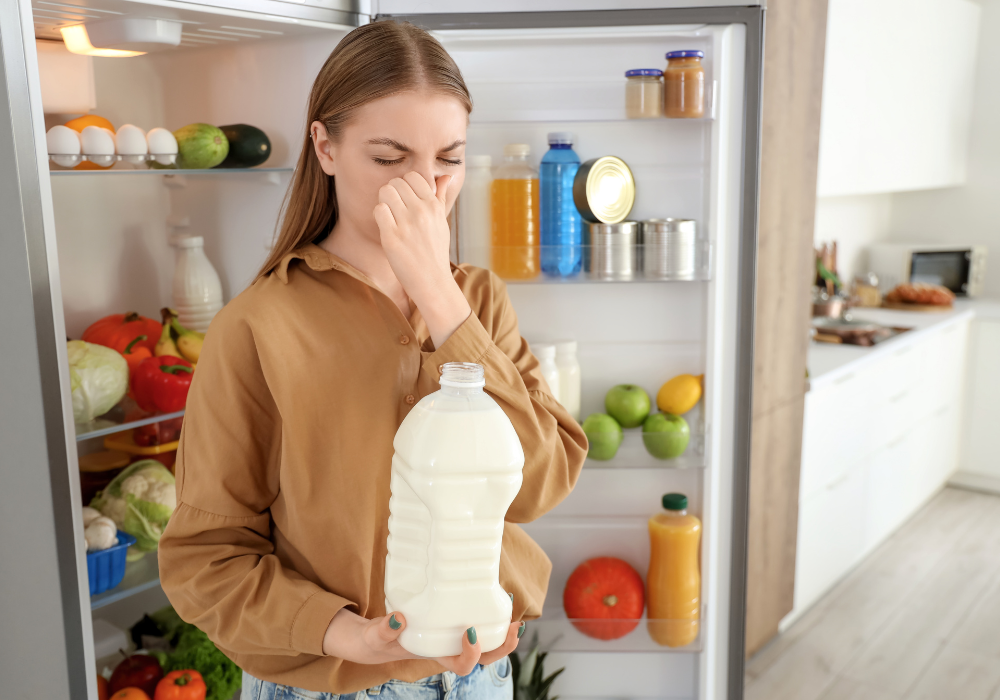
Parents love a good deal, which is why many households stockpile food like there’s an impending apocalypse. A lot of that food ends up forgotten, expired, and eventually, tossed in the trash. And food waste is a huge environmental problem—it releases methane as it rots, a greenhouse gas even worse than CO₂.
Smarter shopping means buying what you’ll actually eat and storing it properly to extend its shelf life. Meal planning helps too. Instead of letting fresh produce die a slow death in the back of your fridge, take control of your grocery habits. Your parents may have thought that a full fridge was a sign of success, but in reality, it’s often just a prelude to waste.
5. Cranking the heat instead of wearing a sweater is just lazy.

Homes that felt like tropical resorts in the dead of winter were a common sight, with the thermostat cranked up instead of reaching for a sweater. While cozy, this habit came with a hefty price—both in energy consumption and environmental impact. Heating and cooling make up a massive portion of household energy use, and blasting the heat unnecessarily only leads to skyrocketing utility bills and increased carbon emissions.
Lowering the thermostat by just a few degrees in winter and dressing appropriately can make a significant difference. Smart thermostats help regulate indoor temperatures more efficiently, reducing waste while keeping things comfortable. Breaking free from the habit of overheating a home isn’t just good for the planet—it’s good for the wallet too. Staying warm doesn’t have to mean draining resources, and adjusting old habits can make a real impact.
6. That old fridge in the garage is an energy vampire, not a smart backup plan.
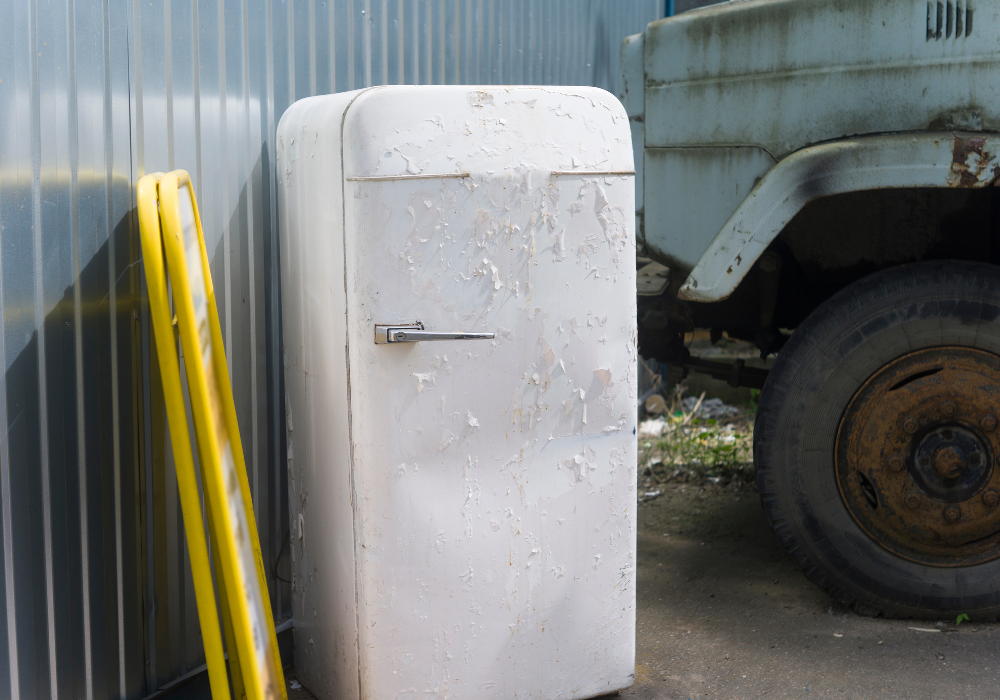
If your parents had an extra fridge in the garage, basement, or even the shed, you probably grew up thinking this was a normal thing. Gotta have backup drinks chilling at all times. Unfortunately, those old, clunky refrigerators are some of the biggest energy wasters in a household. They suck up way more power than newer, energy-efficient models—especially if they’re half-empty or, worse, only being used to store a single carton of expired milk.
Upgrading to an energy-efficient appliance or simply downsizing can save a shocking amount of electricity. Plus, newer models keep food fresher for longer, meaning less waste overall. If your family insists on keeping an old fridge running for “convenience,” hit them with the facts: that convenience is costing them money and pumping unnecessary CO₂ into the atmosphere. Sometimes, getting rid of the extra fridge is the most responsible (and cost-effective) thing to do.
7. Buying disposable everything doesn’t make life easier—it just makes more trash.
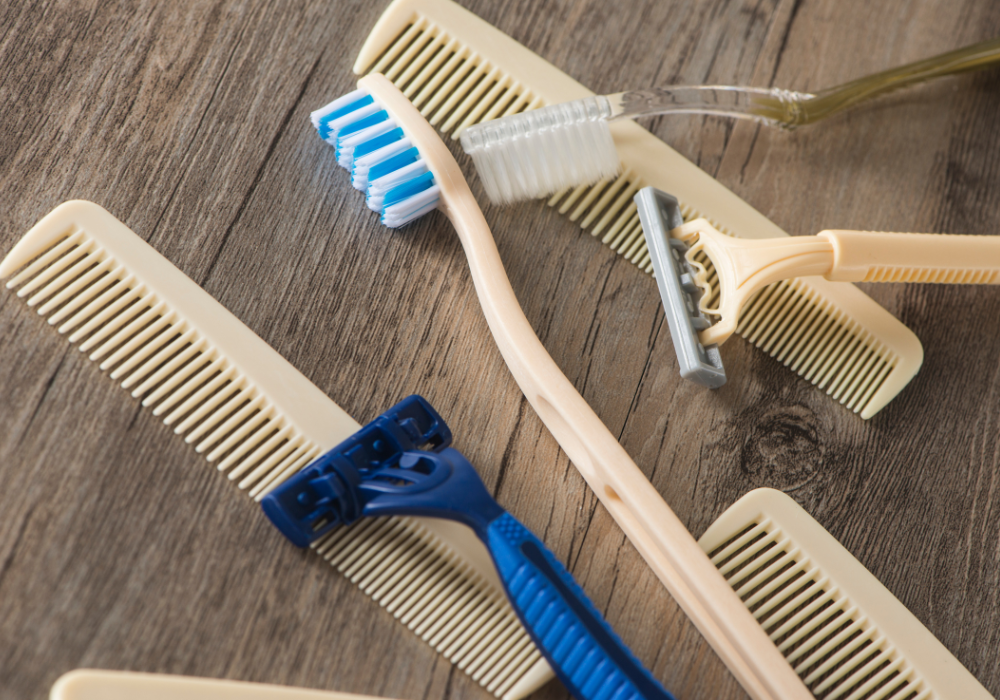
Your parents’ love for disposable products probably ran deep. Why wash dishes when you can just throw everything away? Why invest in a reusable razor when you can buy a cheap plastic one every week? It made sense back then—disposables were marketed as time-savers, and convenience was king. But all those paper plates, plastic utensils, and single-use coffee pods added up, creating a tidal wave of waste that lingers in landfills for centuries.
Ditch the disposables in favor of durable, reusable alternatives. Invest in real plates (they’re really not that hard to wash), stainless steel straws, refillable razors, and a good reusable water bottle. It’s an easy way to reduce waste without sacrificing convenience. Unlike what your parents believed, true efficiency isn’t about throwing things away—it’s about never needing to in the first place.
8. Your car isn’t a teleportation device—stop driving everywhere.

Driving was the default mode of transportation for a lot of people, even when the destination was just a short walk or bike ride away. Running quick errands, picking up the mail, or visiting a neighbor often meant hopping in the car without a second thought. This over-reliance on personal vehicles has led to more traffic, higher emissions, and unnecessary fuel consumption—especially when alternatives like walking, biking, or public transportation are available.
Cutting back on short car trips is one of the easiest ways to reduce emissions. Walking or biking for local errands not only helps the planet but also improves personal health. Public transportation, when accessible, offers an efficient way to cut down on fuel waste and congestion. Rethinking everyday transportation habits doesn’t mean giving up convenience—it just means choosing smarter, more sustainable options when possible.
9. Dishwashers and washing machines aren’t meant for tiny loads.

A few plates in the dishwasher or a couple of shirts in the washing machine might not seem like a big deal, but each unnecessary cycle wastes water, energy, and detergent. Appliances use nearly the same amount of resources whether they’re full or half-empty, meaning those small, frequent loads add up to an enormous waste over time. With climate concerns and rising utility costs, running these machines inefficiently is a habit that needs to be left behind.
Waiting for a full load before pressing start is one of the easiest ways to cut back on water and energy waste. Most modern appliances are designed to be highly efficient, but only when used correctly. Holding off until there’s enough to fill the machine isn’t just better for the environment—it also extends the life of the appliance and saves money on utility bills. Small adjustments like this make a big impact without requiring any extra effort.
10. Lawns were never meant to drink more water than your entire family.
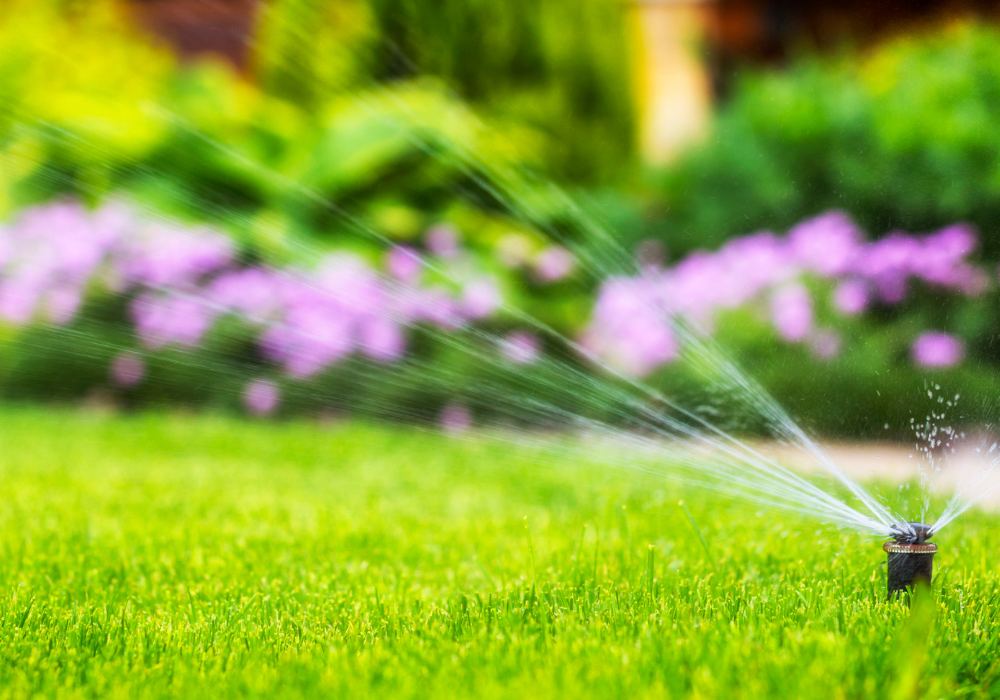
A perfectly green, manicured lawn has been the pride of many neighborhoods, but maintaining that patch of grass often comes at an extreme environmental cost. Traditional lawns require thousands of gallons of water, along with fertilizers and pesticides that pollute local ecosystems. In drought-prone regions, this obsession with lush, green grass is especially harmful, draining resources that could be put to better use.
Swapping out a thirsty lawn for native plants, wildflowers, or drought-resistant landscaping saves water while supporting local wildlife. Smart irrigation systems can also reduce waste by ensuring that plants receive only the amount of water they truly need. Keeping a lawn alive shouldn’t come at the expense of the planet, especially when there are plenty of low-maintenance, eco-friendly alternatives.
11. Broken electronics aren’t garbage—fix them.
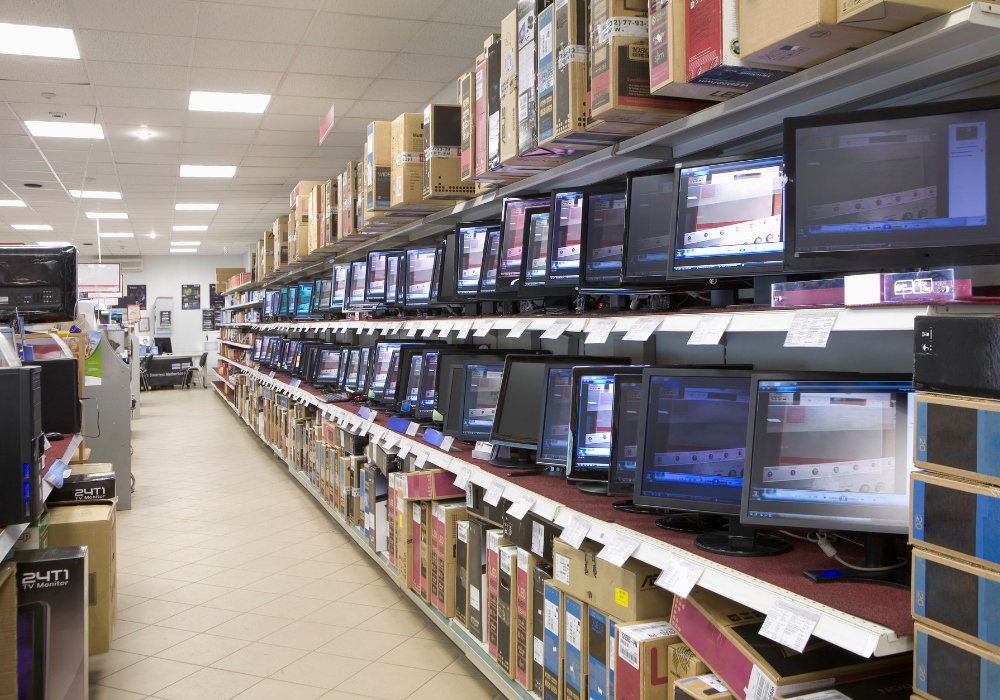
Your parents likely tossed out toasters, TVs, and coffee makers the moment they stopped working, assuming replacements were the easiest solution. That throwaway mindset helped fuel the global e-waste crisis, with millions of tons of discarded gadgets leaking toxic chemicals into the environment.
Many electronics can be repaired, refurbished, or at the very least, recycled properly. “Right to repair” laws are gaining traction, making it easier than ever to fix what’s broken instead of mindlessly replacing it. If your parents still think a slightly glitchy phone belongs in the trash, it’s time for a reality check.
12. New clothes aren’t better than thrifted ones.

Trendy, cheap clothing has become the norm, with mass production making it easier than ever to buy new outfits every season. Unfortunately, most fast fashion pieces are poorly made, fall apart quickly, and end up discarded after only a few wears. Textile waste is skyrocketing, and the environmental cost of manufacturing synthetic fabrics continues to grow.
Thrift shopping, choosing sustainable brands, and repairing clothing instead of throwing it away are simple ways to break free from fast fashion’s wasteful cycle. Quality pieces last longer, reducing both consumer spending and landfill waste. Wearing something more than once isn’t just practical—it’s a necessary step toward a more sustainable future.
13. Plastic wrap and aluminum foil aren’t the only ways to cover leftovers.
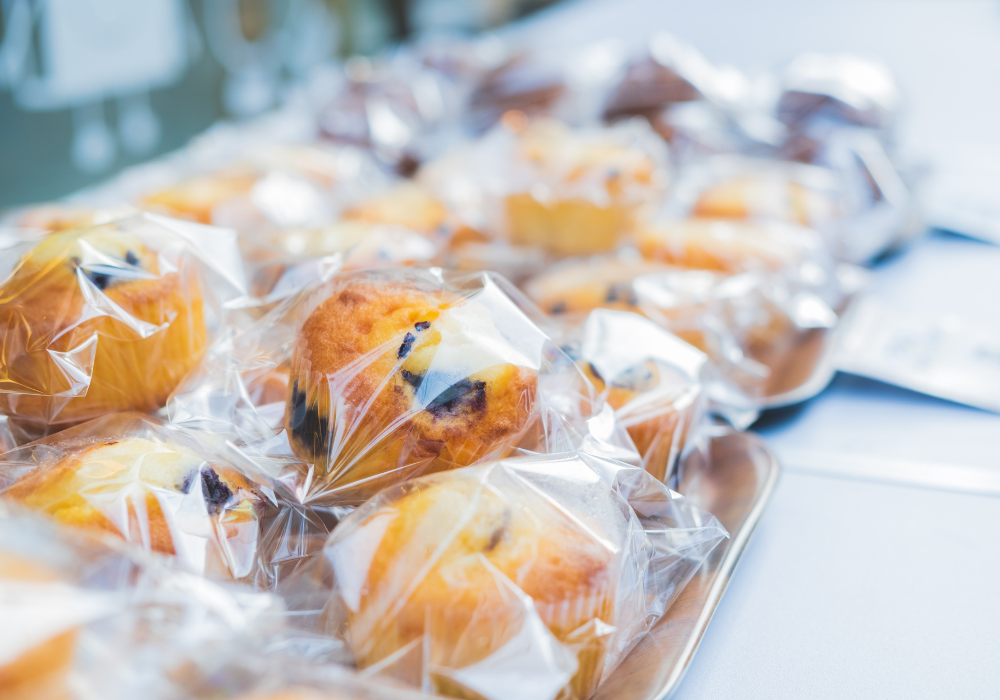
Wrapping leftovers in layers of plastic wrap or aluminum foil has long been the go-to method for keeping food fresh. While convenient, these single-use materials contribute to massive amounts of waste, with plastic taking centuries to break down and foil requiring energy-intensive production. Most of the time, they get used once and tossed away without a second thought.
Reusable food storage alternatives, like beeswax wraps, silicone lids, and glass containers, provide better preservation without the environmental harm. Small changes in food storage habits help reduce plastic waste while keeping food just as fresh. Convenience doesn’t have to come wrapped in plastic, especially when better options exist.
14. Ignoring climate change won’t make it go away.
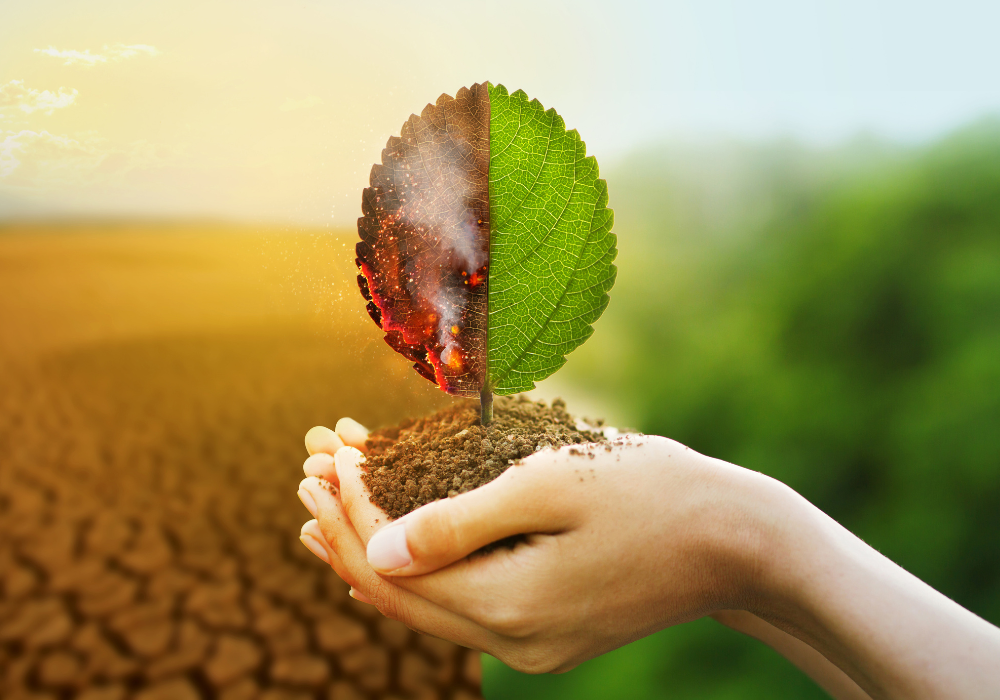
Some parents grew up in an era where climate change wasn’t a mainstream concern. For many, that attitude hasn’t changed. They might downplay sustainability efforts, scoff at eco-friendly alternatives, or claim that individual actions don’t matter. Meanwhile, the planet is quite literally begging for help.
Educating older generations about climate change doesn’t mean arguing with them. Leading by example, making small changes, and showing them the real-world impact of environmental destruction can go a long way. Just because they weren’t raised with sustainability in mind doesn’t mean they can’t adapt. The future depends on it.
